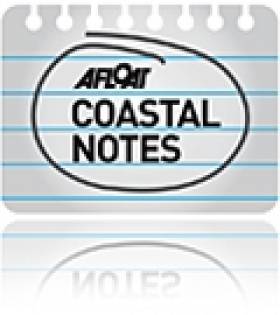Displaying items by tag: John Gormley
Dirty Dunes a Danger Says Coastwatch
Coastwatch has claimed that a ministerial order for the protection of sand dunes in Co Wexford is being breached, The Irish Times reports.
The order was made in January by former environment minister John Gormley to protect the Tinnaberna dunes from damage due to the storage of cattle over a number of years.
But the environmental group says that "dung, contaminated sediment and massive weed cultures remain" on site, and highlighted concern over its close proximity to a stream which flows into the sea near bathing water.
However, the National Parks and Wildlife service said its ecologist is "happy" with progress made on clearing the dunes.
The Irish Times has more on the story HERE.
























































